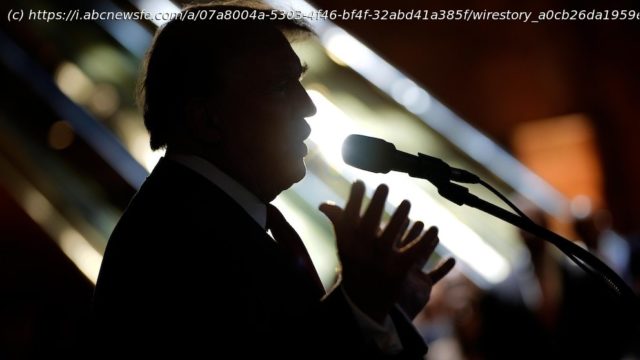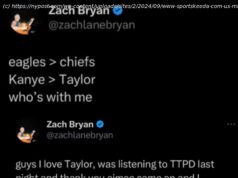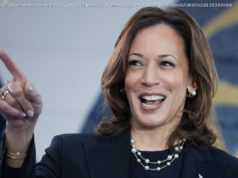The hush money case that culminated in a conviction of Donald Trump this week was the first of four criminal prosecutions brought against the former president — and likely the only one to reach trial before the November elections
The hush money case that culminated in a conviction of Donald Trump this week was the first of four criminal prosecutions brought against the former president — and likely the only one to reach trial before the November elections.
Where there was once speculation among political pundits and legal observers about how the judicial system and election-year calendar could juggle four separate trials, the other three have been snarled in different ways and for different reasons. These delays make additional courtroom reckonings this year uncertain at best.
The fate of the other cases matters for historical and political reasons but practical ones, too: Now that Trump has a criminal record in New York, he would be at risk of a harsher sentence in the event he’s convicted in any subsequent prosecution.
A look at where the other cases stand:
The federal case charging Trump with conspiring to overturn the 2020 presidential election, one of two brought by Justice Department special counsel Jack Smith, was initially set for trial on March 4 and the judge overseeing it had signaled her determination to keep it on track.
Yet the case has been slowed for months by an appeal to the U.S. Supreme Court on a legally untested question about presidential immunity. What the justices decide will determine when, and how, it proceeds — and if there’s any chance of a trial before November.
The court heard arguments April 25 on Trump’s claims that a former president is immune from prosecution for official White House acts, a position vigorously contested by federal prosecutors who say there’s no protection in the Constitution or anywhere in the law for commanders in chief who commit crimes.
The justices puzzled during arguments over where the line should be drawn, and though it seemed unlikely from their questions that they’ll adopt Trump’s views of absolute immunity, they did seem potentially poised to narrow the case. A decision is expected by the end of June or early July.
One option will be to send it back to the trial judge, Tanya Chutkan, for her to determine which allegations in the indictment constitute official acts and must therefore be stricken from the case — and which do not.
That kind of analysis could be time-consuming and result in additional delays, though by the same token, a more slender set of allegations could make the case easier for the Smith team to prosecute and eat up less time on the election-year clock.






